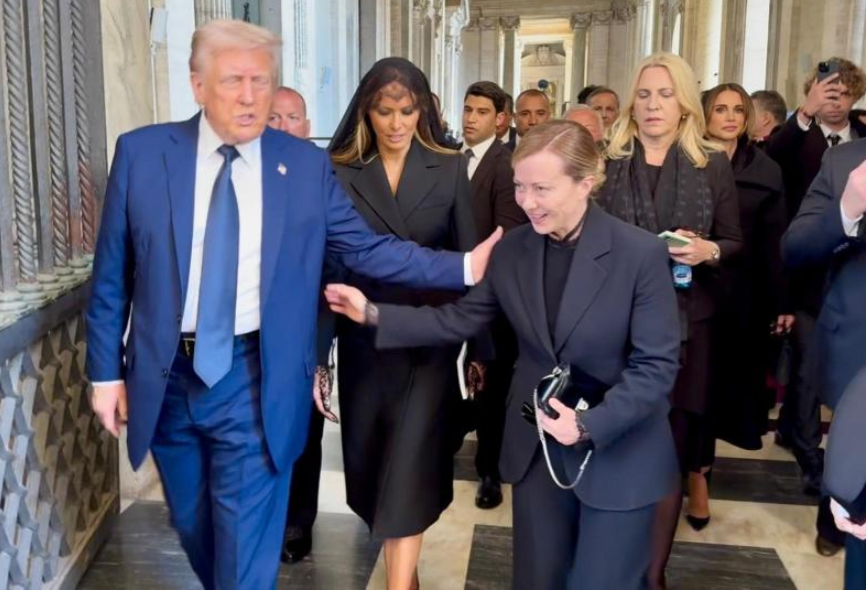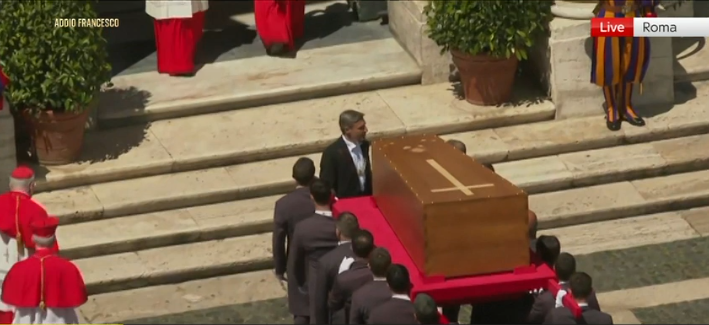[ad_1]
WASHINGTON (Reuters) – U.S. President Donald Trump will visit Utah on Monday to announce big cuts to the state’s sprawling wilderness national monuments, a move that is likely to trigger legal challenges from tribes and environmental groups.
Trump’s visit to the state follows a months-long review by the Interior Department that he ordered in April to identify which of 27 monuments designated by past presidents should be rescinded or resized to make way for development.
Unlike national parks that can only be created by an act of Congress, national monuments can be designated unilaterally by presidents under the century-old Antiquities Act, a law meant to protect sacred sites, artifacts and historical objects.
But Trump has said former presidents abused the act by putting unnecessarily big chunks of territory off limits to drilling, mining, grazing, road traffic and other activities – a headwind to his plan to ramp up U.S. energy output.
Trump on Monday will call for an 85 percent cut to Utah’s 1.3 million acre Bears Ears National Monument created in 2016 by then-President Barack Obama, and a 50 percent cut to the state’s 1.9 million acre Grand Staircase-Escalante National Monument created by Bill Clinton in 1996, according to documents published last week by the Washington Post.
Republican Congressman Rob Bishop of Utah, chair of the House Natural Resources Committee, is expected to introduce legislation after Trump’s announcement to carry out the cuts, a House aide said. It is unclear if the measure would have a chance of passing the Republican-controlled body.
Any effort at cuts, however, would likely touch off lawsuits by Native American tribes like the Navajo, Hopi, Pueblo of Zuni, Ute Mountain and Ute Indians who consider Bears Ears sacred, and now form a commission that administrates the territory.
”We will be fighting back immediately. All five tribes will be standing together united to defend Bears Ears,” said Natalie Landreth, an attorney for the Native American Rights Fund, which believes the cut would violate the Antiquities Act.
Obama created Bears Ears – and area bigger than the state of Delaware and named for its iconic twin buttes – days before leaving office after lobbying by the tribes.
Conservation groups and outdoor clothing company Patagonia have also said they plan to file a legal challenge, arguing the administration ignored public support for the monuments.
Others, however, are likely to welcome Trump’s announcement as a chance to boost the economy in one of America’s most remote areas.
“Reducing the size of monument would help free up a lot of land that has been under oppression,” said Mike Noel, a state representative from Kane County, more than half of which is occupied by Grand Staircase.
Reporting by Valerie Volcovici; Editing by Richard Valdmanis and Mary Milliken
[ad_2]
Source link






Leave a Reply